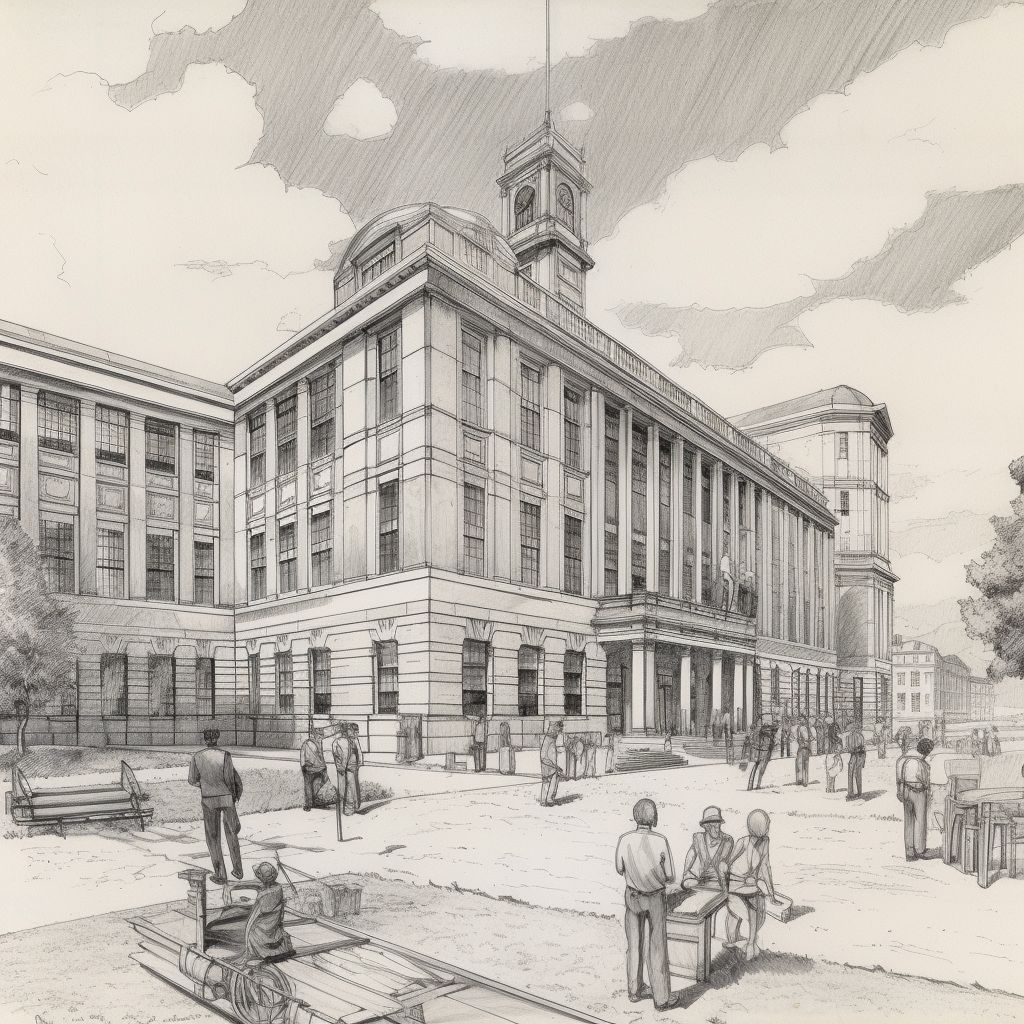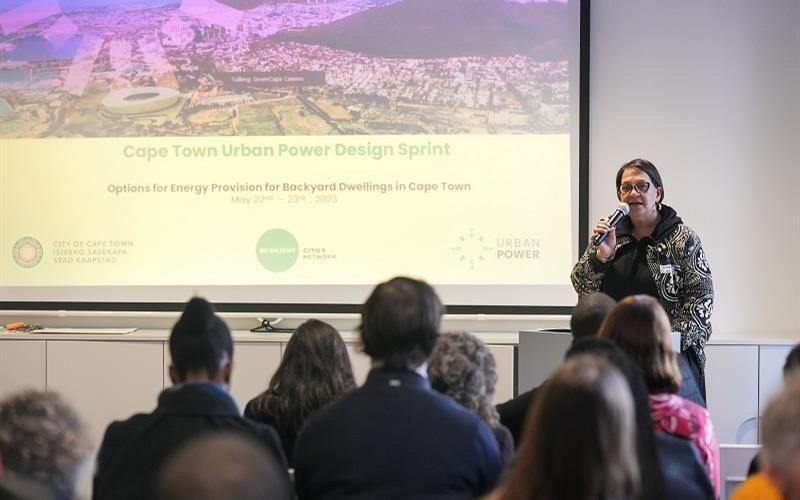The Disa Court Building is a building of great historical importance in South Africa. It played a pivotal role in the country’s struggle against apartheid, as it was the site of the first-ever treason trial in the nation’s history. Spanning from 1956 to 1961, the trial saw 156 activists and leaders charged with high treason for their opposition to the apartheid regime. The rehabilitation of the Disa Court Building, therefore, represents more than just a simple renovation project.
The Rehabilitation of the Disa Court Building as a Beacon of Hope
The Disa Court Building’s restoration is currently underway, and it is serving as a beacon of hope for young people in South Africa. Given the high rates of unemployment in the country, especially among the youth, this project is providing much-needed work opportunities for young people who have been affected by the pandemic’s economic hardships.
Addressing the Skills Shortage in South Africa
The rehabilitation of the Disa Court Building is also part of the government’s efforts to address the skills shortage in the country. The young people working on the project are being trained in various artisan fields, including carpentry, painting, and plastering, which will equip them with practical and marketable skills that can help them secure future employment.
The Power of Public-Private Partnerships in South Africa
The rehabilitation of the Disa Court Building is a testament to the power of public-private partnerships in supporting the country’s development goals. The project is a joint effort between the government and private partners, and it is an excellent example of how collaboration can enhance public infrastructure while simultaneously addressing unemployment and empowering the younger generation with essential skills.
The Symbolic Value of the Disa Court Building’s Rehabilitation
It is crucial to recognize that the rehabilitation of the Disa Court Building is more than just a building renovation project. It is a symbolic representation of the country’s resilience and progress. It provides young people with the opportunity to shape their own narratives and be part of the broader cultural and societal development in South Africa.
The rehabilitation of the Disa Court Building is a remarkable initiative that demonstrates the potential of public projects to provide real opportunities for young people. As the project draws to a close, it is essential to continue supporting initiatives that empower the youth and contribute to the country’s overall development.












